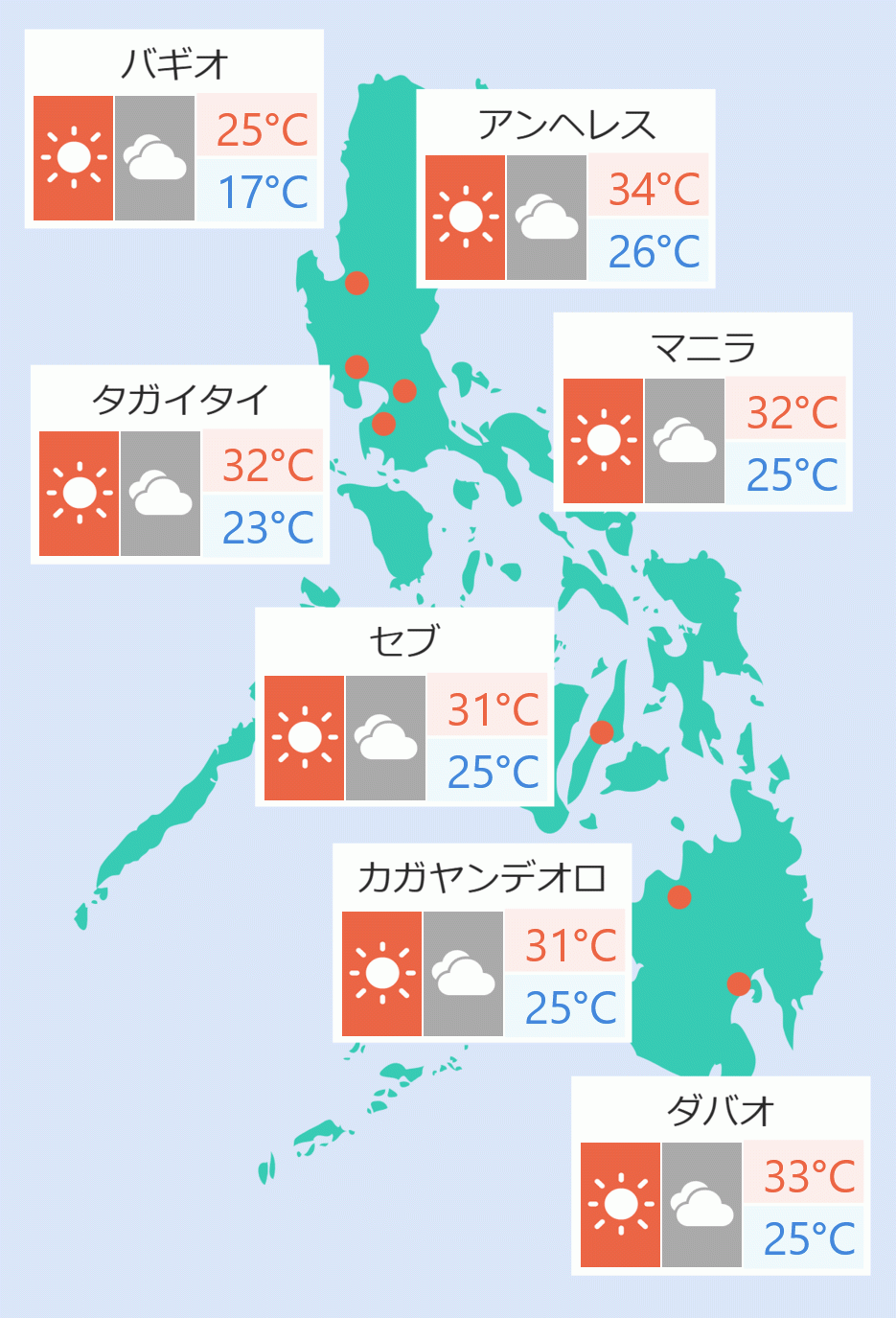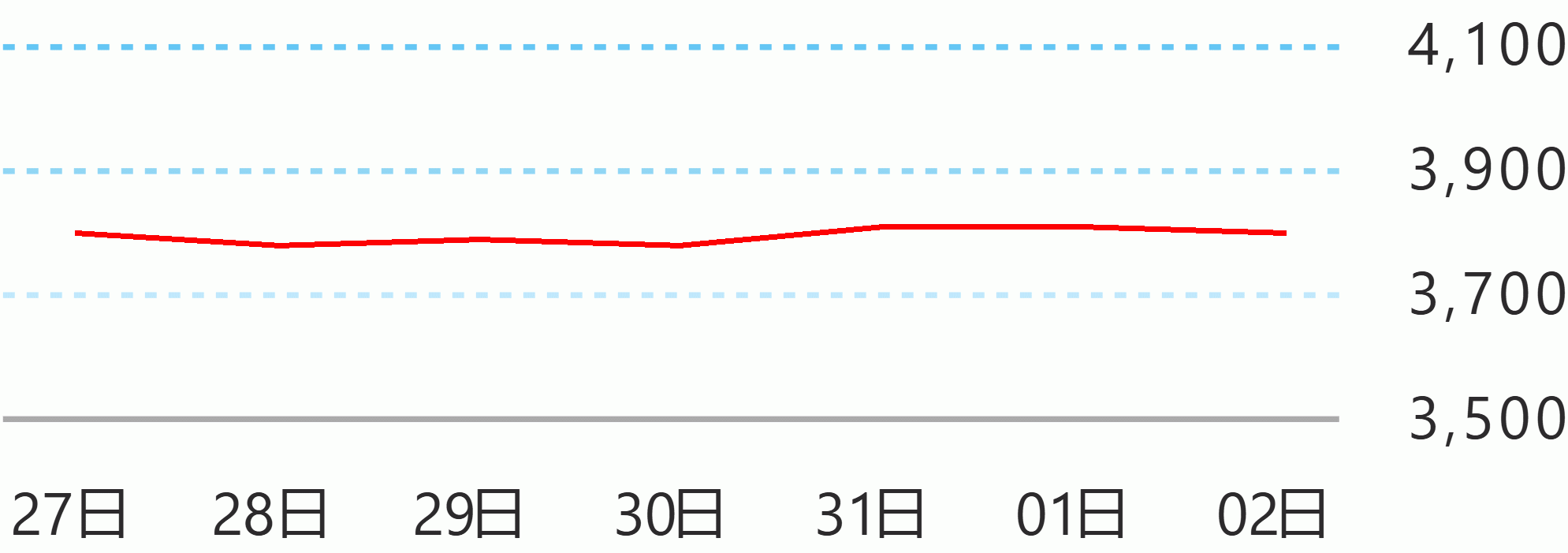President Ferdinand Marcos Jr. on Thursday called on the EU-ASEAN Business Council (EU-ABC) and the European Chamber of Commerce in the Philippines (ECCP) to push for the resumption of the negotiations for a bilateral Philippine-EU Free Trade Agreement (FTA).
Speaking during the EU-ABC Annual General Meeting Gala Dinner in Makati City, Marcos said that since he assumed office, his administration has fostered a conducive business atmosphere to attract more investors to come to the Philippines.
“I believe that we can all agree that the timing and conditions are now quite ripe for us to solidify the long-standing and historically beneficial trade relations: through a bilateral Philippine-EU Free Trade Agreement,” Marcos said, stressing that a bilateral FTA will be a win-win strategy for both the Philippines and the EU.
“Hence, I take this opportunity to call upon our friends from the EU-ABC and ECCP to actively advocate for the resumption of negotiations for this purpose, as well as to strive for fair treatment and more beneficial reciprocity.”
A Philippine-EU FTA, he pointed out, promises to achieve mutually beneficial economic goals, while maintaining consistency with the EU’s core ideals of sustainable development and environment protection, as well as with its strategy for cooperation in the Indo-Pacific region.
As credible voices of the European business community in the Philippines and in the region, the EU-ABC and ECCP can help move the initiative forward all the way to a favorable conclusion, the President noted.
“And if and when that happens, it could very well be the capstone of all efforts to strengthen Philippine and EU relations over the course of the next decades,” said Marcos.
Forming the base of the Marcos administration’s transformative plan for the country is the creation of an enabling environment that shall facilitate the attainment of tangible socio-economic goals for the people.
Among these measures include broadening the range of liberalized businesses and sectors to include public services, retail trade, and renewables, as well as making the system of corporate taxation more business-friendly, with a lowered tax rate and improved mechanism for tax and duties incentives.
The government will also establish express or “green” lanes to integrate and streamline permitting and approval processes, and remove unnecessary barriers and redundancies.
Overall, these will enhance the potential of the Philippines as an attractive trade and investment destination, he said, adding these also bode well for a stronger and more productive relationship between the Philippines and the EU.
This solid enabling environment, he said, will also pave the way for the country’s compliance with vital international obligations as determined by the EU, and guarantee the Philippines’ continued participation in the Generalized System of Preferences Plus (GSP+) scheme.
The Philippines has been showing healthy signs of recovery from the economic downturn brought on by the pandemic, registering a 7.6 percent GDP growth in 2022. This signifies highly resilient economic progress in the country.
Early this year, the administration rolled out the Philippine Development Plan for 2023-2028. Presidential News Desk





 English
English










